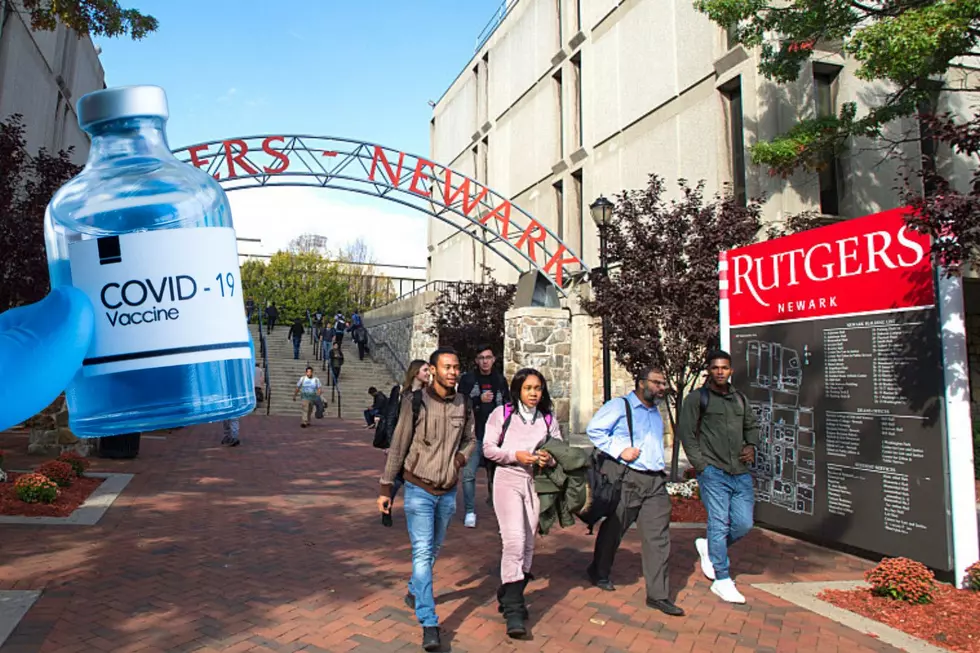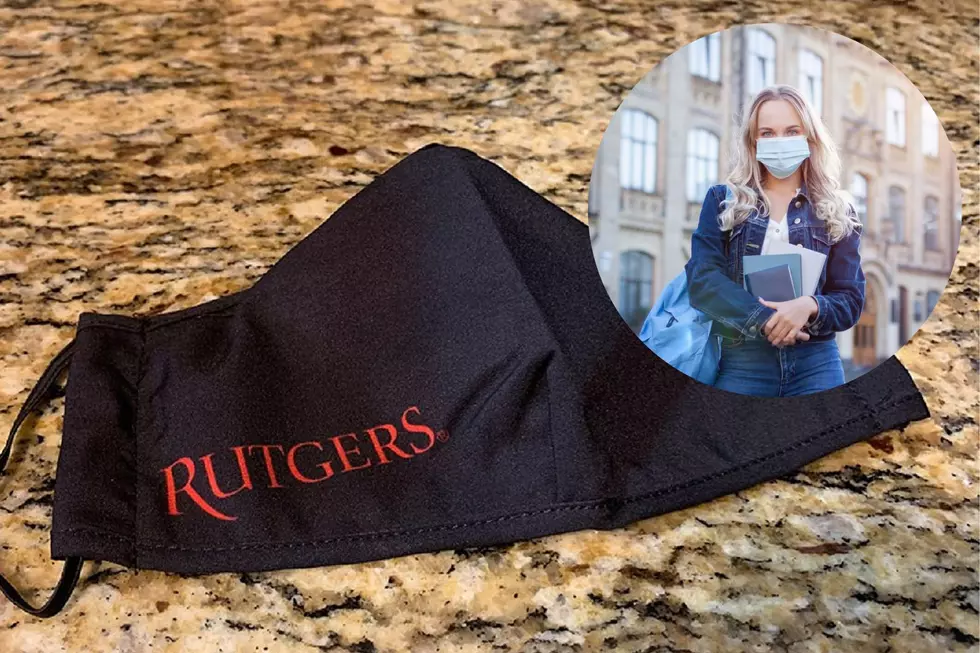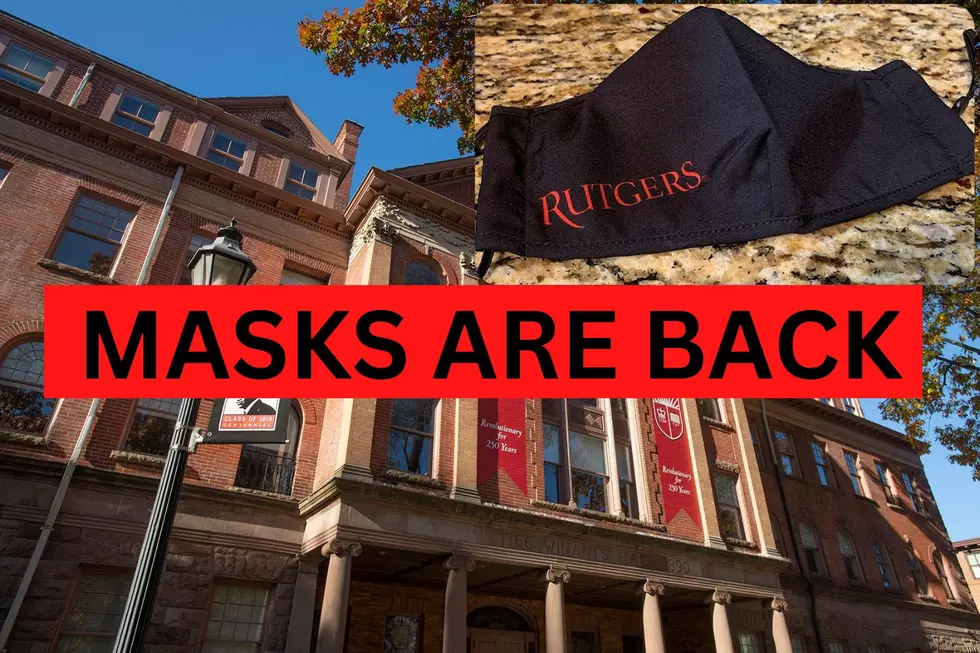
Funding down, concerns up for public health in NJ, report says
A global pandemic, an opioid epidemic, vaping.
These issues and others weren't on officials' radar when national public health systems were put into place decades ago.
With that in mind, academics at Rutgers Uniersity took a deep dive into the public health structure in New Jersey over the last 30 years, to identify challenges and opportunities related to the systems that are meant to prevent poor health outcomes.
According to the report, New Jersey ranks 31st in the country in state funding for public health, and dead last among the 51 states and the District of Columbia for related grant funding from the Centers for Disease Control and Prevention.
"There are recent reports ... looking at how the capacity and the funding for public health is shrinking, at the same time the responsibilities of public health agencies are increasing," said Jeanne Herb, report author and executive director of the Environmental Analysis and Communications Group at Rutgers' Edward J. Bloustein School of Planning and Public Policy.
Herb noted that New Jersey, in its 2011 budget, eliminated unrestricted state funding for local public health. With that move, local public health is only funded through local property taxes — which "no one wants to raise," Herb said — and state and federal dollars that are earmarked for specific public health purposes.
"As a result, local public health agencies don't have a lot of flexibility to see what are the emerging threats in their community so they can address those," Herb said.
As part of the report, the Eagleton Center for Public Interest Polling surveyed New Jersey residents for their perspectives of public health. In the survey, 20% of respondents admitted that they don't know what "public health" is; 30% couldn't identify a top health-related issue facing their community (aside from the coronavirus pandemic).
Close to 90% of residents, however, said they have been personally impacted by a service provided by their local health department.
"The challenge is that while 88% of New Jerseyans think there should be a dedicated source of funding for public health, there was definitely a lot of concern from survey respondents on how to pay for it," Herb said.
Herb said there's a plan to further publicize the findings of the report in the first quarter of 2022, to media, legislators, and public health leaders, "to begin a conversation."
"We looked at a set of eight other states that we thought had some similarity to New Jersey. There's been efforts in those states to address the same challenges," she said.
Contact reporter Dino Flammia at dino.flammia@townsquaremedia.com.
New Jersey's smallest towns by population
Nasty NJ town nicknames — Have you heard of them?
More From Beach Radio








